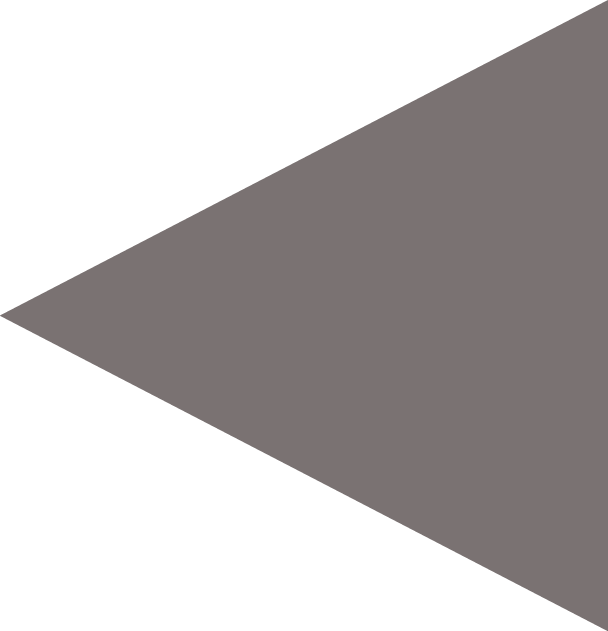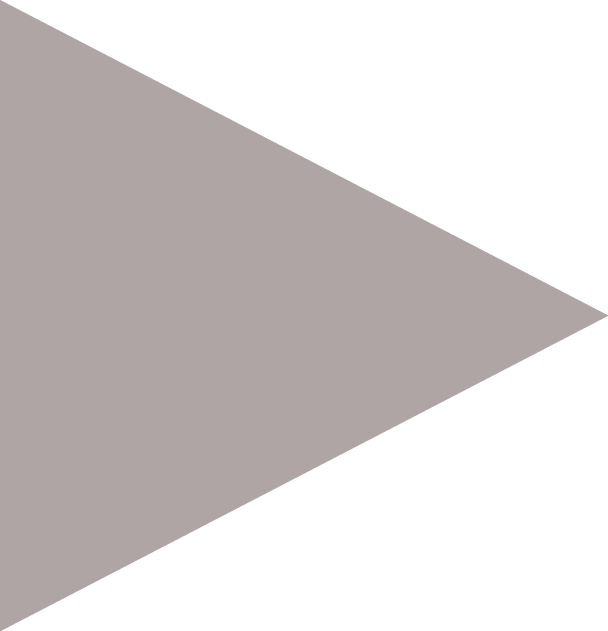Descendants of Migrants
by Sagar Jaggi (1991) Gurugram Public School, Gurgaon/India on 2017-08-16
" panchi, nadiya, pawan ke jhonke... koi sarhad na inhe roke... sarhade insaano ke liye hain. socho tumne aur maine . kya paaya insaan ho ke?? " - javed akhtar ( in hindi )
Translation :
"Birds, rivers, gusts of wind, no border inhibits them, borders are for people.. think about it, what have you and I obtained by being born as humans?? " - Javed Akhtar
I have borrowed the above lines from an Indian movie named : REFUGEE (2000 Directed by J.P dutta ) as it beautifully portrays and describes the desire to be free and at the same time move without any boundaries. But, let us enter the real world , where unfortunately boundaries exists. The reason I chose this topic is that because I am a descendant of the grandparents who has suffered from the curse of India Pakistan partition in 1947. 1947, a year of relief and trauma. Relief because India got independence from colonialism and trauma because it also got partitioned. Since my childhood days, I have been listening to my grandmotherAs stories and experiences and the haunting details of how they migrated from Pakistan to India. I always used to think that the issue sounds tiny but has larger implications on the ones who has gone through that. I used to get goosebumps just by imagining the plight of the people who had to migrate all of a sudden leaving behind a legacy of emotions, wealth ,all the materialistic possessions. I have had the opportunity to witness the first hand experiences of the people who migrated to India and what brutalities they faced. Though I agree that oral histories are not the perfect way to gather the best information as it lacks authenticity and sequence of events but yet they provide details that are impossible to collect through government data and records.
Once my grandmother narrated me a series of incidents that moved me deeply. She told me about her sister ( a Hindu) and her neighborAs son ( a Muslim). both shared a very good bond and were like brother and sister. But when the news of partition came many Hindus were massively killed, abducted and raped by the Muslims and vice versa. so he did the same and tried to rape her. Friends became foes and humanity was nowhere to be seen. My grandmother still remembers how her mother gave her a small bottle of poison for the train when she was about to go to India. She wanted her to consume the poison and die if someone ( especially a Muslim) tried to molest her on her way. Pride , dignity became more important than life. Luckily ,she escaped it. she tells another account which gives shivers. when she was travelling in the train, a woman carrying twins was also there in the same compartment. one of her babies got killed in the Hindu Muslim riots , so everyone suggested her to drop the baby into the Ravi river when the tunnel comes. She did it. Later, she realized that she dropped the wrong one and the dead baby was still in her lap and she dropped the one who was alive. She cried uncontrollably. Those who have faced such brutality and traumatic events can only understand what migration means. The whole nation suffered. My grandparents had no option but to live in refugee camps for years where there was no proper access to drinking water and food.
That is how I see partition and the process of migration. It is a heart wrenching event which makes me think, "in what kind of world are we living in?" My ancestors have faced it. Many people are still facing it. We come cross various news related to forceful migrations. Are we integrating or separating? Many countries have very well accommodated the diversity but many still refuse to do so. Sri Lanka has been facing the tiff between sinhalas and Tamils, India is still dealing with Hindu - Muslim riots.. Where are we heading towards? We need to see the larger picture. Though I, did not face any problem while living in India from about 25 years but the main question is will this politicization of religion ever stop? We aim for a boundary less society , not physically and geographically but intellectually. In this era of globalization, it has become the need of the hour to communicate,cooperate, exchange ideas and we must know that solutions to these issues can only come if we take collective responsibility and action. we all need to replace I with WE.countries need to understand and acknowledge diversity. when everyone will be equally accommodated , a sense of integration will prevail. ThatAs how we are going to make this world a better place to live. Let us not repeat the mistakes we did in the past and reach out to people who are in need. Integration is the stepping stone for world peace.
I am sharing a picture of my maternal grandparents who faced the holocaust and they luckily survived, but many did not. Millions of people faced the curse of Partition and lost their lives...
SAGAR JAGGI , PGT ( POST GRADUATE TEACHER) POLITICAL SCIENCE
(GURUGRAM PUBLIC SCHOOL, INDIA)





Tara Schauer
Gisela-Gymnasium, München/Germany (1998) on 2017-09-19
Sarthak Madan
Gurugram Public School, Gurgaon/India on 2017-08-30